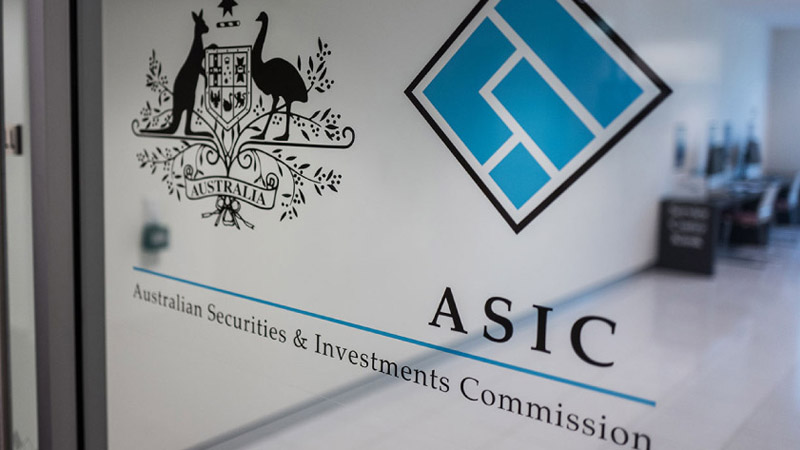ASIC grilled on fine print of industry funding
Following questioning from the parliamentary joint committee chair, the corporate regulator has pointed to some of the flaws in the industry funding model, as advice sector levies continue to skyrocket off the back of legacy cases involving shuttered institutional dealer groups.
New committee chair and Liberal MP Andrew Wallace asked the regulator to comment on advice industry correspondence that indicated “financial advice licensees which are SMEs are unfairly required to pay high levies that have risen due to misconduct by large licensees”.
The regulator stated that the current industry funding model dictated a graduated levy based on adviser numbers, and that the largest 20 licensees in the sector that employed 31 per cent of the adviser population had paid 31 per cent of the supervisory costs the sector had attracted for the 2020 financial year.
“Based on the leviable amount for the ‘Licensees that provide personal advice on relevant financial products to retail clients’ sector, the 20 largest financial advice licensees were charged approximately $17.3 million in 2019-20,” ASIC said.
“This represents approximately 31 per cent of financial advice related industry levies and 5.4 per cent of ASIC’s total regulatory costs of $320.3 million for the 2019-20 financial year.
“The remaining licensees were charged approximately $38.4 million in 2019-20. This represents approximately 69 per cent of financial advice related industry levies and 12.1 per cent of ASIC’s total regulatory costs of $320.3 million for the 2019-20 financial year.”
Mr Wallace further questioned whether ASIC was able to track how many licensees in the sector were SMEs, and approximately what proportion of supervisory costs were exhausted by which licensee.
“ASIC has not adopted an SME definition for the purposes of the ASIC industry funding model and, as such, we are not able to provide a percentage of the financial adviser population that works for SMEs,” the regulator said.
“ASIC does not track the costs to regulate each individual entity separately. The number of financial advisers employed by an advice licensee is currently the best proxy for ASIC’s regulatory effort.”
The regulator said there was no provision in the legislation that mandated the industry funding model for ASIC to allocate supervisory costs based on the degree of misconduct at each licensee.
“The ASIC industry funding model methodology for calculating costs is based on the Australian Government Cost Recovery Guidelines and is prescribed in the relevant Acts and Regulations,” the regulator said.
“For the ‘Licensees that provide personal advice on relevant financial products to retail clients’ subsector, the number of advisers as at 30 June 2020 is prescribed under the model as a proxy for ASIC’s regulatory effort in this sector.
“ASIC’s focus is on using the resources allocated to us efficiently, by prioritising the most significant threats and harms in our regulatory environment. In our enforcement work, we look to take efficient and effective enforcement action, prioritising cases that have a high deterrence value and those responding to egregious misconduct.”
The comments come as levy costs to the advice sector for the 2020 year rose by 60 per cent from their original estimates in June, with ASIC saying the constraints of the funding model make it exceedingly difficult to estimate costs from year to year.
Advice industry bodies have called for the funding model to be reformed to take account of large institutions that have exited the sector following the reputational fallout of the royal commission, which has also led to a number of legacy misconduct cases being taken to court by the regulator.

Tony Zhang
Tony Zhang is a journalist at Accountants Daily, which is the leading source of news, strategy and educational content for professionals working in the accounting sector.
Since joining the Momentum Media team in 2020, Tony has written for a range of its publications including Lawyers Weekly, Adviser Innovation, ifa and SMSF Adviser. He has been full-time on Accountants Daily since September 2021.








